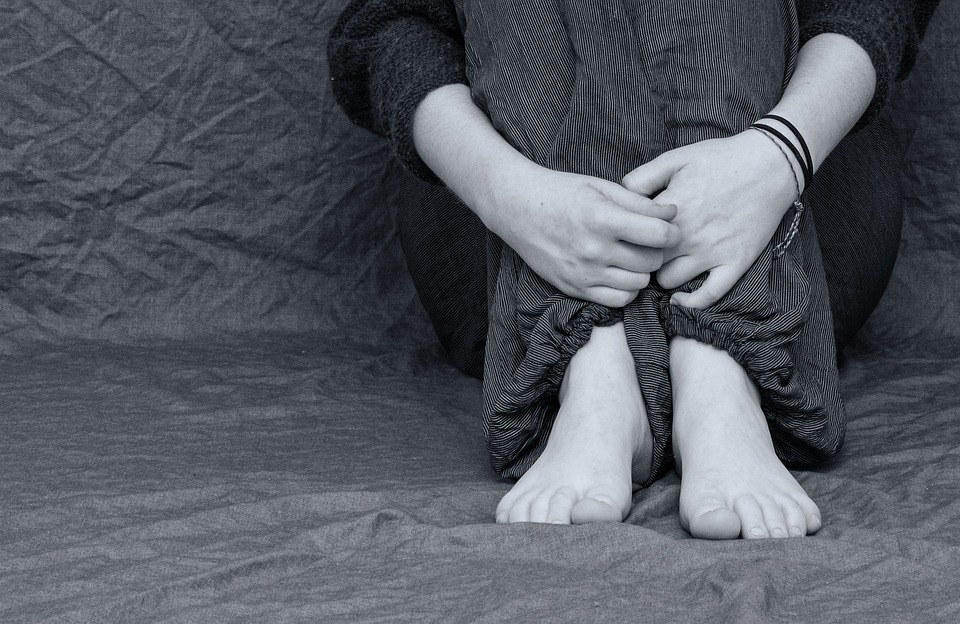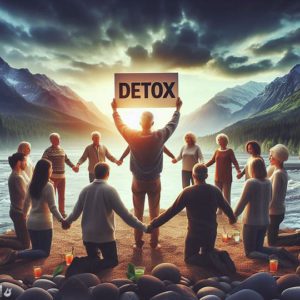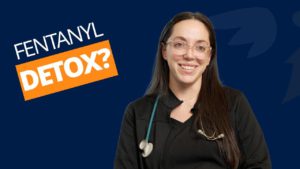
Understanding Alcohol Addiction and Withdrawal: A Comprehensive Guide
Facing alcohol addiction and withdrawal? Explore symptoms, risks, and safe, medically supervised detox options in Florida. Get help today.

November 2, 2017
By: Sonia Nazario | Times Urban Affairs Writer
Ashley Bryan lies down on the dirty carpet of her dad’s bedroom where she usually sleeps. The 10-year-old girl closes her eyes, clasps her hands and raises them to her lips. Firmly, fervently, she prays.
She wishes not for a bike or Barbie like most kids her age, or to become a doctor or firefighter some day.
Every night, Ashley asks for something she believes only God can deliver. She prays for a new father. Someone kind, someone whose life–and thus hers–is not ruled by the demons of drug addiction and alcoholism.
“Just once, give me something good,” she whispers in the darkness. “Please, make life get better.”
It could not get much worse.
Her clothes, along with those of 8-year-old brother Kevin Bryan, are filthy. The two go weeks without a bath. They eat once a day, usually rice. Neglect is the norm.
Their father, Calvin Holloman, drinks Miller High Life beer for breakfast, sometimes until he blacks out. The kitchen of their one-bedroom Long Beach apartment is used mostly for cooking or mixing the heroin and speed he and his friends inject into their veins.
Mom has been gone for years now, Calvin says, disappearing with a man who could finance her ravenous appetite for speed. At the age of 6, Ashley ran away from home after her father punched her in the face. But with no place to go, she was forced to return for more misery.
The conditions that have led Ashley to her nightly prayer ritual are, sadly, too common in the United States, which has a higher rate of drug abuse than any other industrialized nation.
Federal surveys show at least one in five children will spend some part of their youth being raised by a parent who is an alcoholic or drug addict. In Los Angeles County, 80% to 90% of child welfare cases involve substance abuse, rates higher than virtually any other major U.S. urban area.
By some estimates, at least a quarter of all children in Los Angeles County deal at some time with an addicted parent.
It is here, inside millions of homes, where society’s most entrenched problems are born, where victimized children grow up to victimize others–a generational cycle costing taxpayers nearly $200 billion annually in criminal justice costs, health care and social programs.
Blame does not rest only with the homeless crackhead or corner prostitute. Many of America’s addicts hold steady jobs, secretly stirring speed into their morning coffee, shooting up at lunchtime in office bathroom stalls, downing six-packs as they watch TV after work.
But no matter what their position in life, the offspring of junkies and alcoholics are bound by a brutal reality: To their parents, they often rank below a shot of vodka or a rock of cocaine.
These are children who live in daily dread, compiling memories of abuse and deceit they carry into adulthood. Memories of closed bathroom doors from which parents emerge in a stupor, of days-long binges that accompany every payday, of searching for mom or dad in alleys while watching other children make their way to school.
Some never really experience childhood at all, becoming caretakers at the tender age of 3 or 4 for stoned parents and needy siblings. They change diapers and mix bottles for infants crying in the middle of the night when no one else is around. They learn to cook for the family while standing on a chair by the stove.
Once in a great while, the plight of such a life makes headlines–perhaps when a baby starves to death after being left home alone for days by a mother on a drug run.
But for every one of those cases there are a multitude unnoticed, a vast underground of children too ashamed to come forward or too intimidated by parental threats to reveal the family’s secret.
Although there are laws requiring a slew of professionals–including teachers, police, doctors, even photo lab technicians–to report suspected child abuse or neglect, many don’t, wrongly assuming they must have definitive proof.
What’s more, studies show many people shy away from involvement because they distrust the agencies that may ultimately gain control of the children.
“Clearly, the majority of these children are flying under the radar and are never detected by government,” says Nancy K. Young, who heads the research group Children and Family Futures.
Most, like Ashley, suffer silently, praying for deliverance in the night.
Addiction stalks not only families but entire neighborhoods, wherever opportunity and hope have been pushed aside by poverty and instability.
The lower westside of Long Beach is such a place, just minutes from trendy Belmont Shore, the Queen Mary and a downtown newly invigorated with upscale restaurants and theaters.
If you or someone you know is struggling with drug or alcohol abuse and in need of addiction treatment in West Palm Beach, Florida, give Summer House Detox Center a call at 800-719-1090 to schedule a FREE consultation. You can also visit us at 13550 Memorial Highway Miami, FL 33161. We are open 24 hours a day, 7 days a week.

Facing alcohol addiction and withdrawal? Explore symptoms, risks, and safe, medically supervised detox options in Florida. Get help today.

As the shadows of drug addiction continue to grip many lives, finding the right treatment center becomes a beacon of hope. Summer House, located in

Are you looking for a safe and compassionate drug detox center in Kendale Lakes, Florida? If so, look no further than Summer House Detox Center.
For immediate assistance, please call our Admissions Specialists at 800-719-1090.
Speak With A Qualified Addiction Specialist 24/7